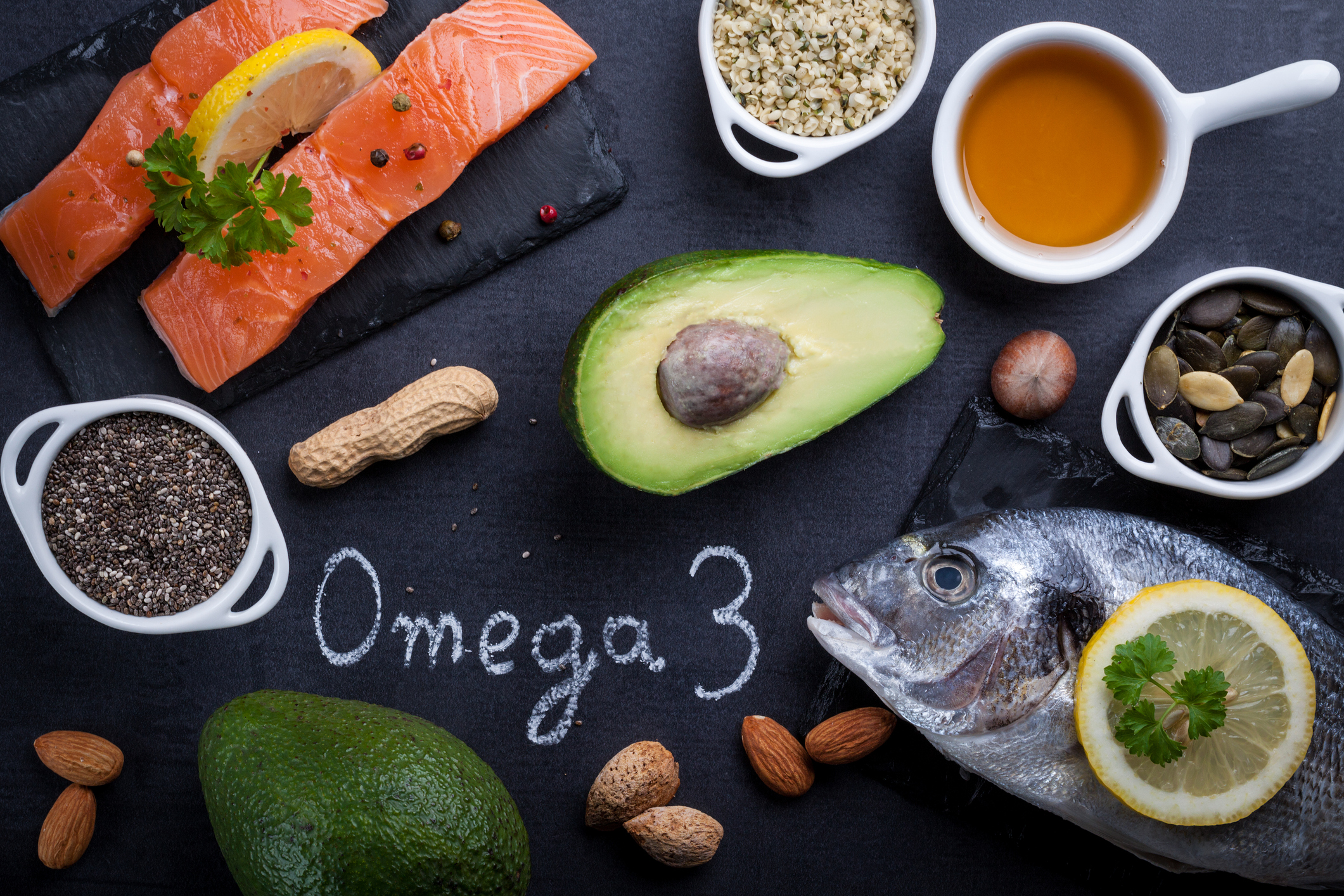Monday, October 1, 2018

As Captain Joseph R. Hibbeln, MD, acting chief of the Section on Nutritional Neurosciences at the National Institute on Alcohol Abuse and Alcoholism asserts, “nutrition does not stop at the neck.”
Your brain, which is nearly 60 percent fat, requires omega-3 fatty acids to maintain normal function. Omega-3s, essential elements of the membranes that surround each cell in your body, mainly consist of three types of acids: alpha-linolenic acid (ALA), eicosapentaenoic acid (EPA), and docosahexaenoic acid (DHA).
Although a healthy brain depends on omega-3 fatty acids, the body cannot produce some of them. According to the National Institutes of Health, “ALA is an essential fatty acid, meaning that your body can’t make it, so you must get it from the foods and beverages you consume. Your body can convert some ALA into EPA and then to DHA, but only in very small amounts. Therefore, getting EPA and DHA from foods (and dietary supplements if you take them) is the only practical way to increase levels of these omega-3 fatty acids in your body.”
Omega-3s are found naturally in a variety of foods, including the following:
A healthy diet is essential to your brain health and mental function. In recent years, the number of studies related to the benefits of omega-3s have increased significantly. Some researchers suggest that omega-3 fatty acids may be the key to boosting your brain’s performance and preventing age-related cognitive decline.
It can be difficult for vegetarians and vegans to get adequate amounts of omega-3s. Research shows that ingestion of microalgae oil can significantly increase levels of DHA, a long-chain omega-3 fatty acid, so supplements containing microalgae oil may be an alternative for those who do not consume fish.